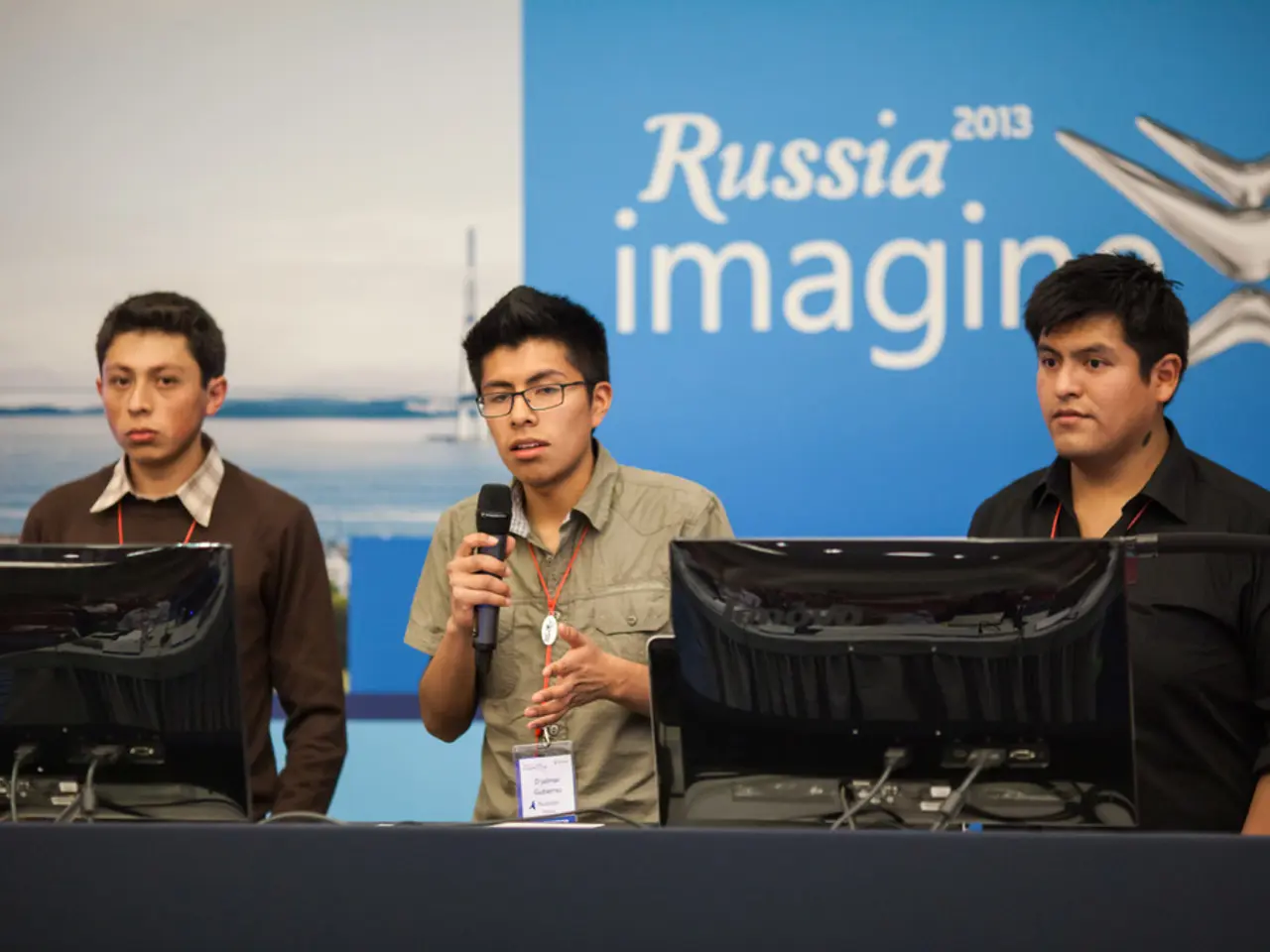Increased Trade Penalties Poses Threat to Russia and Its Allies, Imposing Tariffs as High as 500%
In a move aimed at crippling the Russian economy and further isolating Moscow, the United States and European Union have unleashed coordinated sanctions against Russia, following its continued aggression in Ukraine.
The conflict, which has been ongoing for three years and five months, has been the first between Russian President Vladimir Putin and Ukrainian President Volodymyr Zelenskyy since its start. The Kremlin's war in Ukraine has triggered these sanctions, as the Kremlin shows no signs of abandoning its ambition to dismantle Ukrainian sovereignty and resurrect the influence of the former Soviet empire.
In addition to these sanctions, bipartisan lawmakers in the United States are preparing to impose a 500% tariff on Russia under the Sanctioning Russia Act. This legislation grants President Donald Trump broad authority to impose economic penalties on Russia, and it threatens countries like China, India, and Brazil with possible 500% tariff increases if they continue doing business with Russia.
Furthermore, President Trump has previously vowed to impose 100% secondary tariffs on any nation that maintains trade ties with Russia. Secondary tariffs are trade penalties aimed at third-party nations that maintain economic ties with a sanctioned country. The tariffs aim to target the heart of Russia's economy, specifically its oil and gas exports, which account for a significant portion of its revenue.
It remains unclear whether President Trump intends to pursue both 500% and 100% secondary tariffs simultaneously. However, the proposed measure aims to further isolate Moscow's economy, as bilateral trade has sharply declined since the Kremlin's 2022 invasion of Ukraine.
Meanwhile, on the ground in Ukraine, the Ukrainian rescuers are conducting search and rescue work in heavily damaged residential buildings following Russian missile strikes in Kyiv. The meeting between Putin, Trump, and Zelenskyy would be the first since the start of Moscow's war, although it has not yet been confirmed whether the meeting will take place.
Despite the ongoing conflict and international sanctions, a shadowy fleet of 'ghost ships' is ferrying Russian oil to Indian ports. This illicit trade continues to provide a lifeline for Russia's economy, but it also highlights the need for continued international pressure to bring an end to the conflict in Ukraine.
Read also:
- Lu Shiow-yen's Challenging Position as Chair of the Chinese Nationalist Party (KMT) Under Scrutiny in Donovan's Analysis
- BJP Persuaded Delhi Voters That Supporting AAP Was Pointless, According to Pavan K. Varma
- Potential Democratic Contenders for Presidency in 2028 Yet to Exclude Themselves from Race
- India's Unexpected Strategies Amidst Controversy Surrounding Bihar's Police Chief: Will They Bear Fruit for Shikha Mukerjee?








